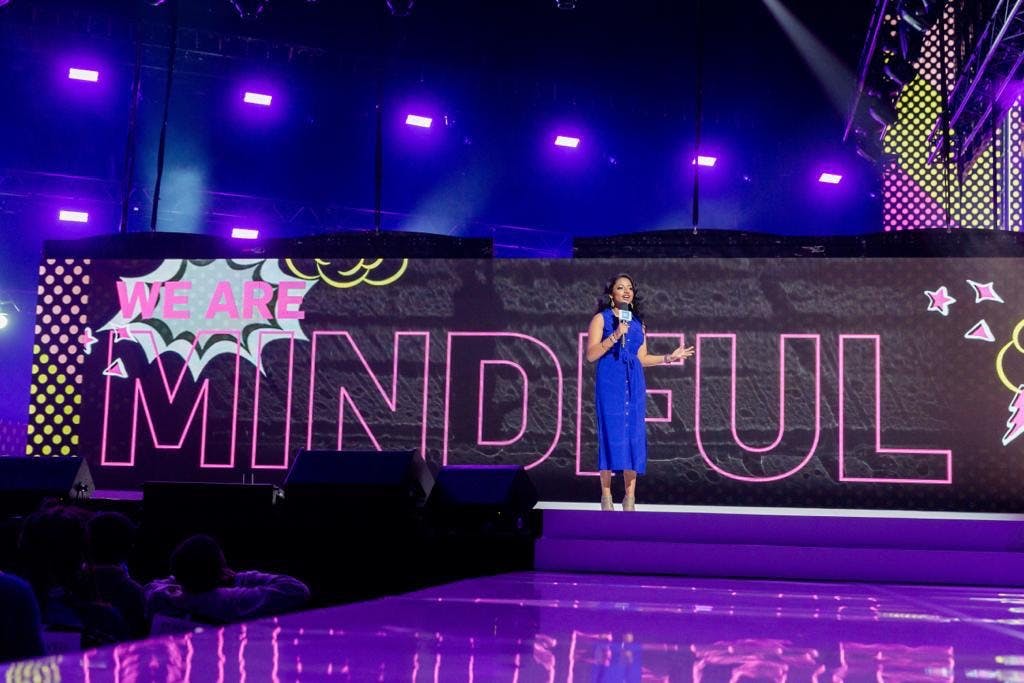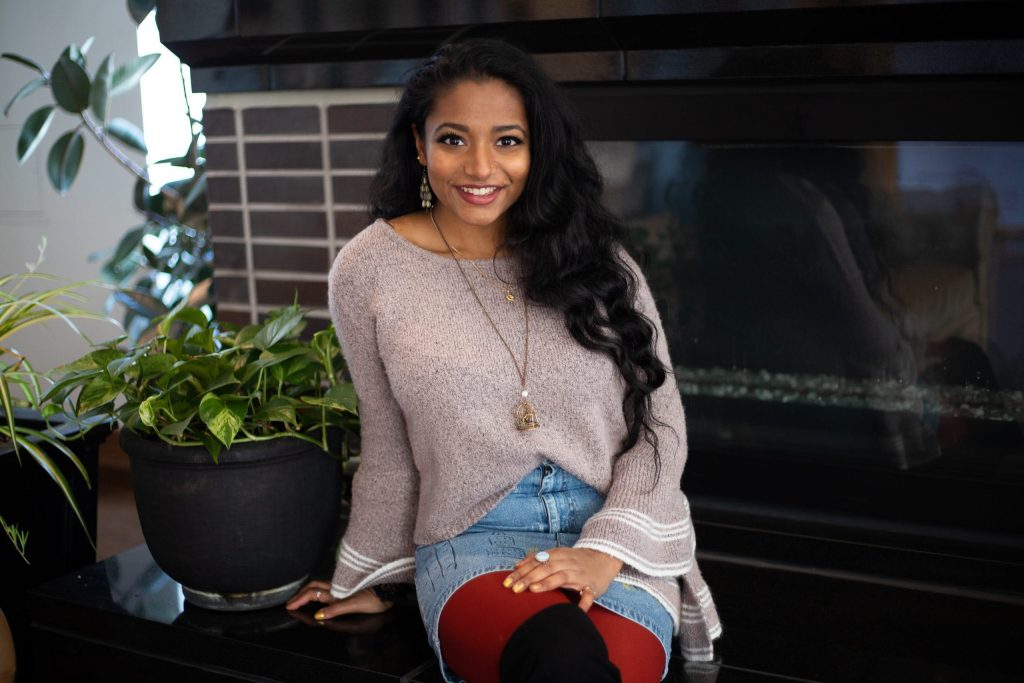Aasha Shaik has a imaginative and prescient: a world the place everyone — collectively with every woman and every lady — is equal. As a 15-12 months-previous pupil she lent her voice to the United Nations’ Working Group on ladies. all by negotiations shaping the bold worldwide Sustainable enchancment targets (SDGs), Shaik pushed for extra inclusive language to enshrine ladies’ rights.
“A phrase that was repeated pretty a bit on the UN, particularly on the time of the SDGs, was ‘leaving nobody behind,’” she mentioned. “If we’ll in all probability be extreme about leaving nobody behind, intersectionality should be our focus. amongst people who face a quantity of types of marginalization, ladies who’re youthful and ladies extra typically are” excluded.

What does #EqualEverywhere imply to Shaik? “it is the purpose for all of us,” she says. “go away nobody behind.”
Since her earliest days advocating for ladies, Shaik has developed into an on-campus voting rights activist and was chosen as a consequence of the solely exact American member of the UN ladies’s Beijing+25 Youth Taskforce. Since she was a pupil, she has additionally been a quantity one member of the United Nations affiliation of the USA (UNA-USA), a grassroots group of better than 20,000 people throughout all 50 states constructing better assist for worldwide cooperation by the UN.
“That work on the UN was the foremost time i used to be actually uncovered to the excellence between ladies’s rights and ladies’ rights, and the strategy the youth problem impacts our disenfranchisement,” Shaik mentioned.

At Rutgers college in New Jersey, Shaik was deeply involved in rising youth political participation by voter registration efforts. As a pupil coordinator for the RU Voting advertising and marketing campaign, she organized and hosted voter registration drives, provided college students particulars about candidates, and organized shuttle transportation to polling areas. In some cases, she encountered skepticism from fellow college students, questioning why voting issues. And in New Jersey, the dearth of on-line voter registration on the time was a extreme barrier to youthful of us taking half in elections. but Shaik was in a place to register better than 500 voters, attain better than 2,500 college students by social media initiatives, and assist increase pupil voting expenses by almost one-third.
“That was extremely rewarding and fantastic to see,” she mentioned.
past campus, Shaik is impressed by what she views as rising engagement of of us eager about racial justice and gender equality: “youthful of us as a voting bloc will in all probability be fully important in November.” 
She considers the centennial of the ratification of the nineteenth modification, which granted American ladies the becoming to vote, each a second to commemorate and a probability for extra sober think about the persistent disenfranchisement of women of coloration and ongoing wrestle for voter rights. regardless of the constitutional proper to vote, she cites voting restrictions on incarcerated people, voter ID legal guidelines, analog-solely voter registration, and confusion round mail-in ballots as voting challenges — heightened by the COVID-19 pandemic — which have a disproportionate affect on marginalized communities.
The historic milestone is “a second to have a good time,” mentioned Shaik, who’s headed to Yale regulation school inside the autumn. “on the identical time, it’s additionally a time for reflection on what chains there nonetheless are, regardless of how masked they is extra seemingly to be, and persevering with to battle to interrupt out of these.”

